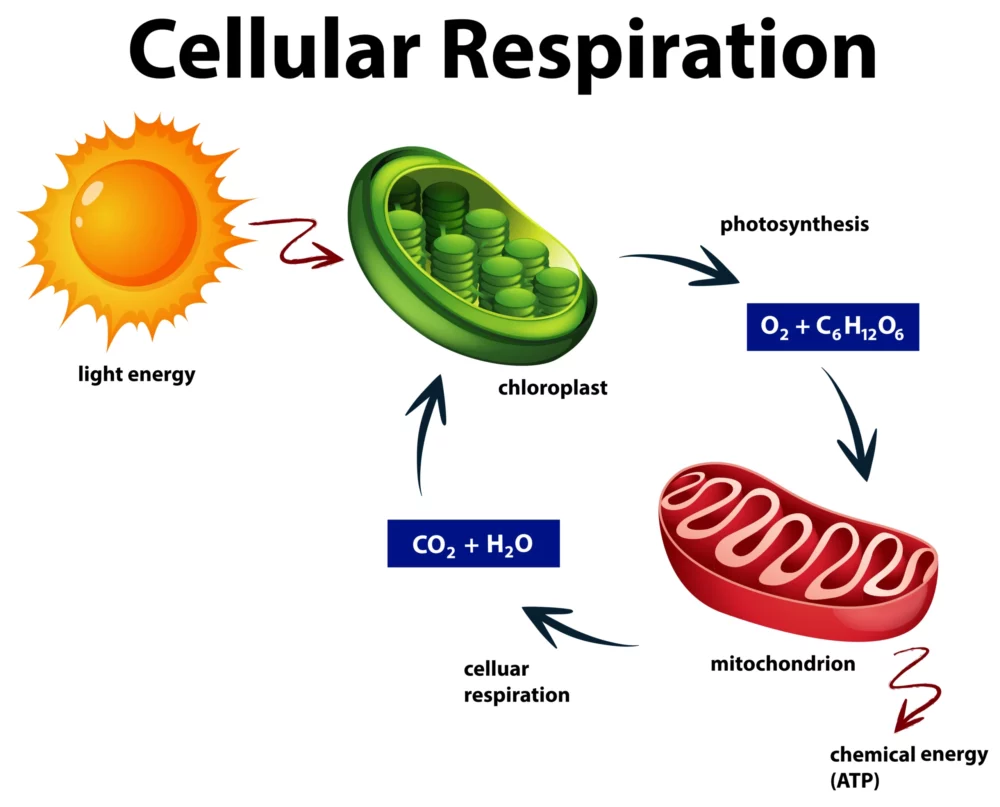Tag: TCA cycle

CELLULAR RESPIRATION
Cellular respiration is a fundamental biochemical process that occurs in all living cells, from the tiniest bacteria to the most complex multicellular organisms. It is the means by which cells convert organic molecules, primarily glucose, into adenosine triphosphate (ATP) – the universal currency of cellular energy. This intricate and highly regulated metabolic pathway is essential…

